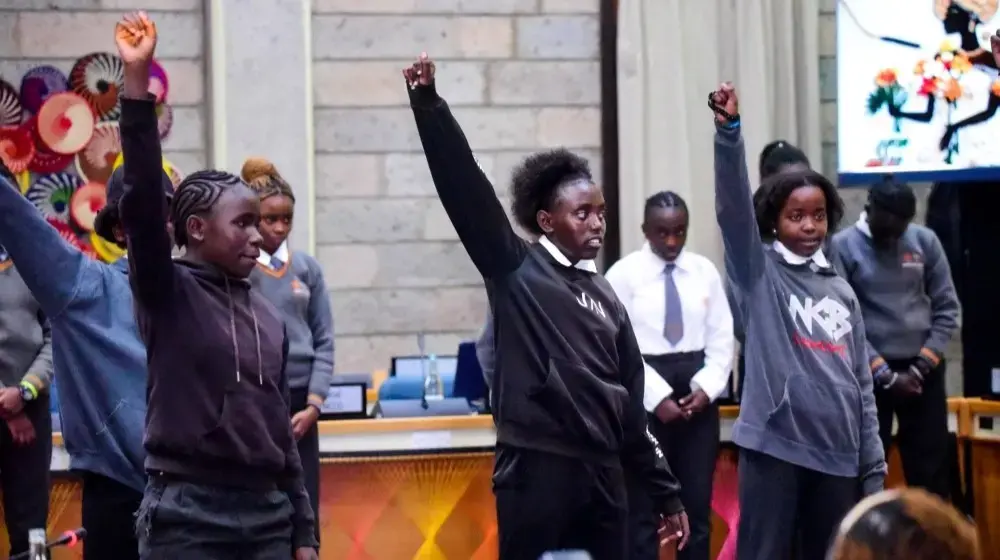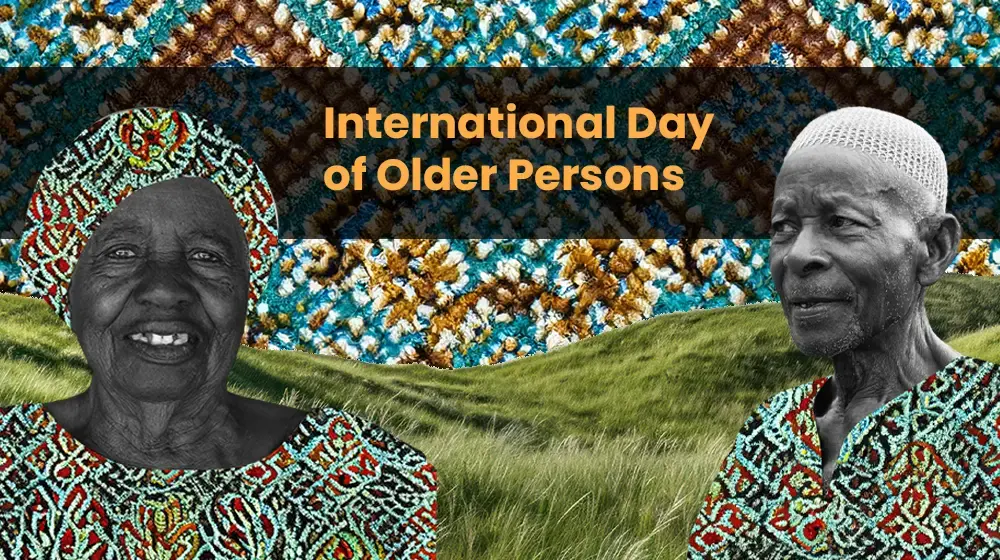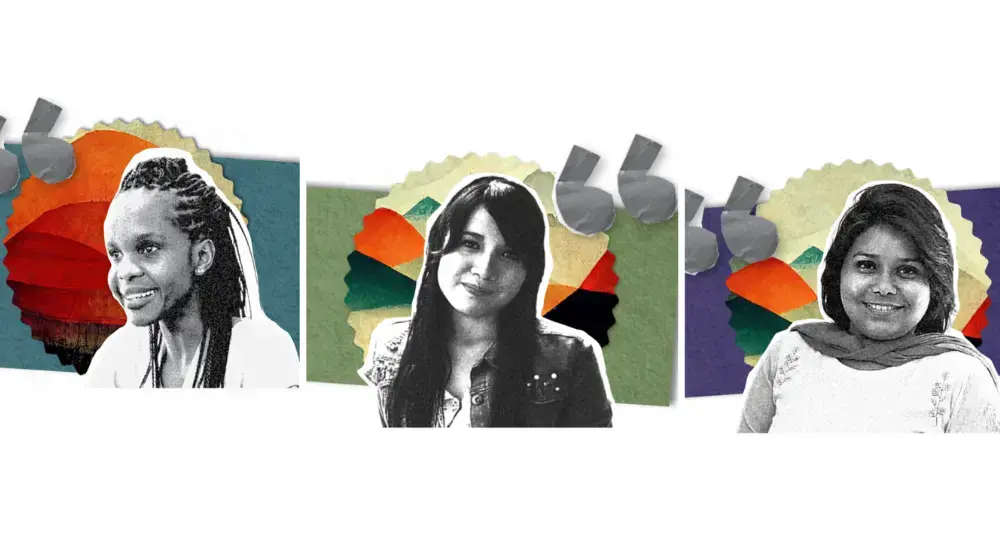By Judica Tarimo, Guardian on Sunday
DAR ES SALAAM, Tanzania, 2 September 2012 — Head of United Nations Population Fund, UNFPA, Africa Region, Bunmi Makinwa has urged African media houses and practitioners to be more proactive and role models in spearheading the African development agenda, an effort which could help lift millions of Africans out of disease, extreme poverty and social exclusion.
The UNFPA Regional Director said the African media have a big role to play in promoting development of the "black continent", which, for years, has been lagging behind.
“A lot can be done by the media…to take this continent to the next stage of development. Media reports in the form of features, analysis and news articles can serve as useful tools for promoting African development,” said the UNFPA Africa chieftain at the UNFPA’s regional consultation on communication and media in Africa Region, held this week in Naivasha City in central Kenya.
Organized by UNFPA Africa Regional Office and drawing senior journalists, media and communication specialists from across Africa, the meeting aimed to collect constructive and professional inputs (from the media/communication professionals) which could help to shape UNFPA’s communication strategies.
That effect is pictured both in terms of set up and implementation while subsequently assisting the UN urgency to effectively and efficiently implement its core functions, that is, to promote the rights of everyone, especially the weak, to enjoy a life of health and equal opportunities.
“It’s you media people who could help us to deliver these changes. It’s the media that can enhance public education and awareness on sexual and reproductive health, promote reproductive rights, and reduce the unwarranted deaths of women, children and vulnerable social groups in the continent,” the Regional Director noted.
In his opening remarks, UNFPA Country Representative Fidelis Zama Chi said the UN agency had its new global communication strategy which requires media support for effective implementation.
“We need your commitment and guidance on the best way to shape the changes we want to see. I truly believe you can change our approach to communication for the better,” said Zama Chi.
Underlining the crucial role of the media, the UNFPA representative said the media delves into the past, breathe life into history and project society into the future.
The media exert immense influence upon the populace on the important issues of each country, by analyzing issues and placing them before the citizenry for consideration and action.
The function of the press is to mirror society and bring to the fore the virtues of the values a country must stand for and those it has to reject, thus acting as the barometers of public opinion, he asserted.
UNFPA wants to work with the media to revisit its agenda for change, mainly in the area of youth, maternal health and women’s rights, he declared, explaining the importance of objective analysis and with audacity place before the decision makers the truth to enable them make visionary and informed decisions.
With global transparency enhancing the power of the media, news organs have gone right into regional institutions beaming live debates for the appreciation of various national communities.
Calling for massive media support in pushing for the African development agenda, Zama Chi said the time for Africa has come, noting that conflicts are being reduced gradually and economic advancement taking shape.
“There is hope for Africa. We must ask ourselves, if Malaysia, South Korea, Thailand and Vietnam, the ‘Little Tigers’ of Asia were able to overcome the challenges of underdevelopment and moved on to join the ranks of the industrialized nations, what do we need to do in Africa to achieve the same,” the Regional Director underlined.





